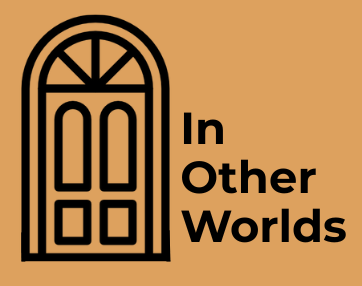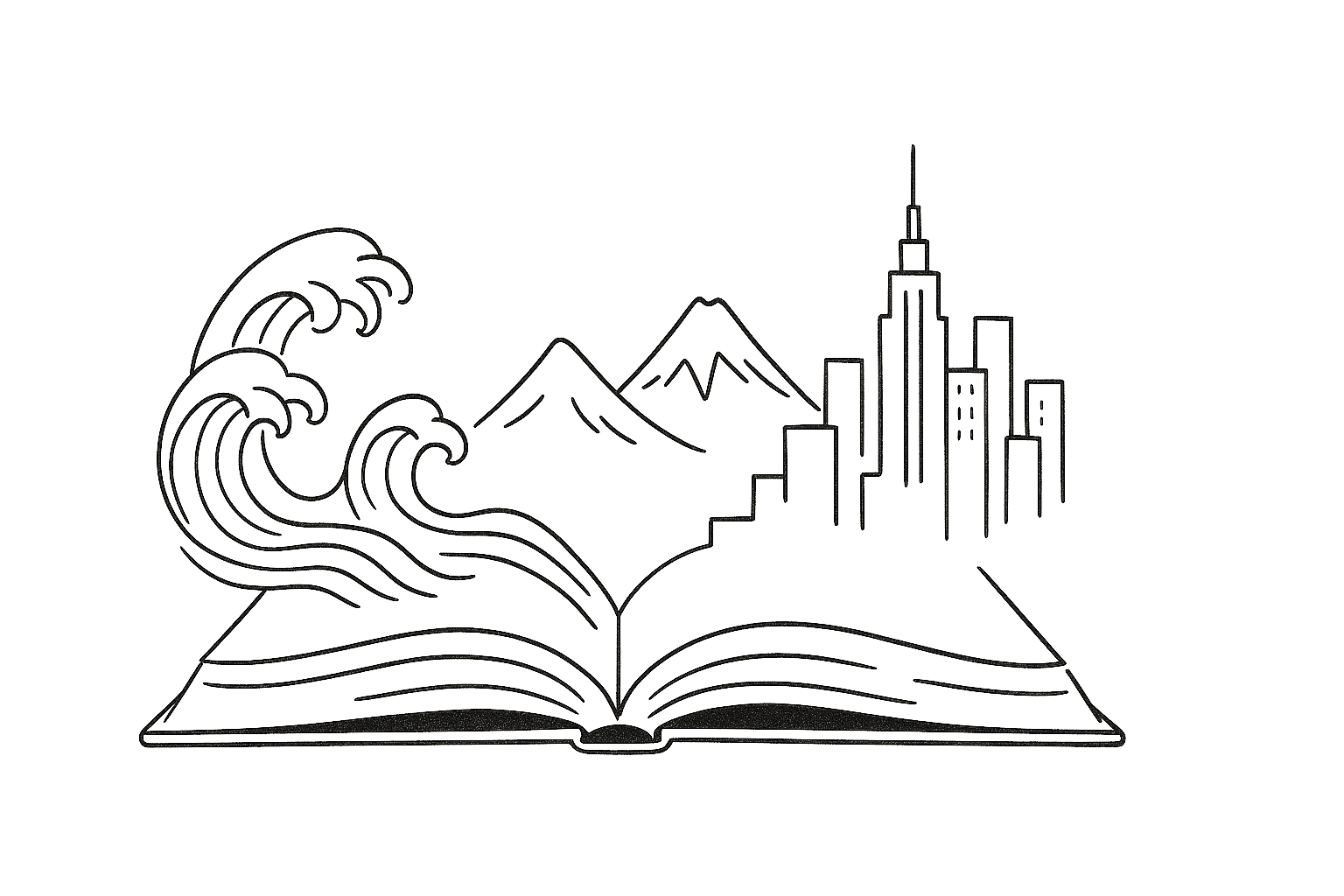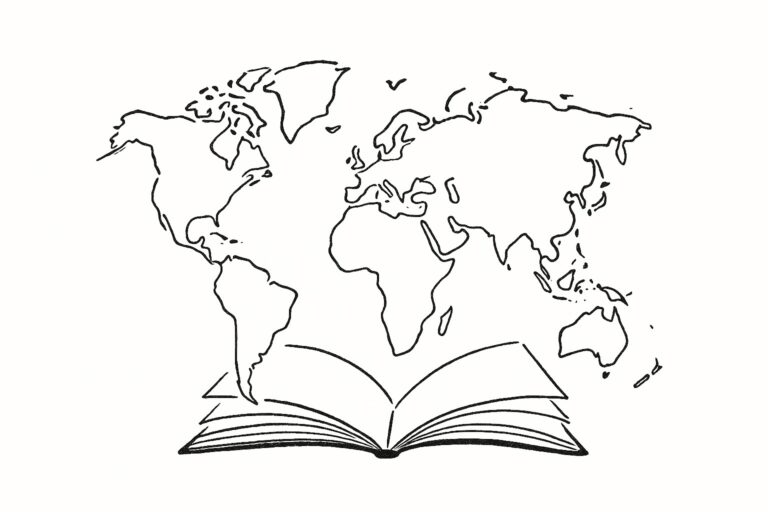In a recent Guardian article, journalist Pushpinder Khaneka makes a compelling case for reading the world through novels. Rather than relying on headlines, travel shows or news reports, he turns to literature from Africa, Asia and Latin America to understand the joy and complexity of our world. His journey spans 200 books, beginning with García Márquez’s One Hundred Years of Solitude in Colombia and continuing through writers such as Chimamanda Ngozi Adichie, Han Kang and Ngũgĩ wa Thiong’o.
For readers of In Other Worlds, Khaneka’s reflections highlight why world literature in translation matters more than ever. These works do more than challenge the dominance of the western canon. They open cultural doors, dismantle stereotypes and allow nations to be seen through their own stories. From political struggles to intimate portraits of daily life, translated novels expand our imagination and remind us that storytelling remains one of the most powerful ways to connect across borders.
Translation plays a crucial role in this process. Without the careful work of translators, most English-speaking readers would never encounter the voices Khaneka celebrates. Whether it is Han Kang’s haunting explorations of trauma, Ngũgĩ wa Thiong’o’s interrogation of colonial legacies or Adichie’s vivid accounts of Nigeria’s past, translators make these narratives accessible while carrying across tone, nuance and cultural depth. In that sense, every act of translation is also an act of bridge-building between languages and peoples.
Khaneka also reminds us that diversifying our reading lists is not about replacing one canon with another. It is about recognising the multiplicity of voices that shape world literature. Reading beyond borders challenges assumptions, such as the idea that African fiction must always circle around conflict, or that Latin American stories deal only with coups and cartels. In truth, literature reveals far more: humour, intimacy, resilience and everyday humanity.
For In Other Worlds, this lies at the heart of our work. Exploring world literature in translation is not simply a literary exercise. It is a way of seeing the world differently and of hearing stories that might otherwise be silenced or overshadowed. As Khaneka shows, novels can act as a form of travel, one that reaches beyond airports and air miles into culture, memory and imagination.
Pushpinder Khaneka’s essay, “Air miles be damned. I say the best way to find out about the joy and complexity of our world is through novels”, was first published in The Guardian. You can read the original piece here.



